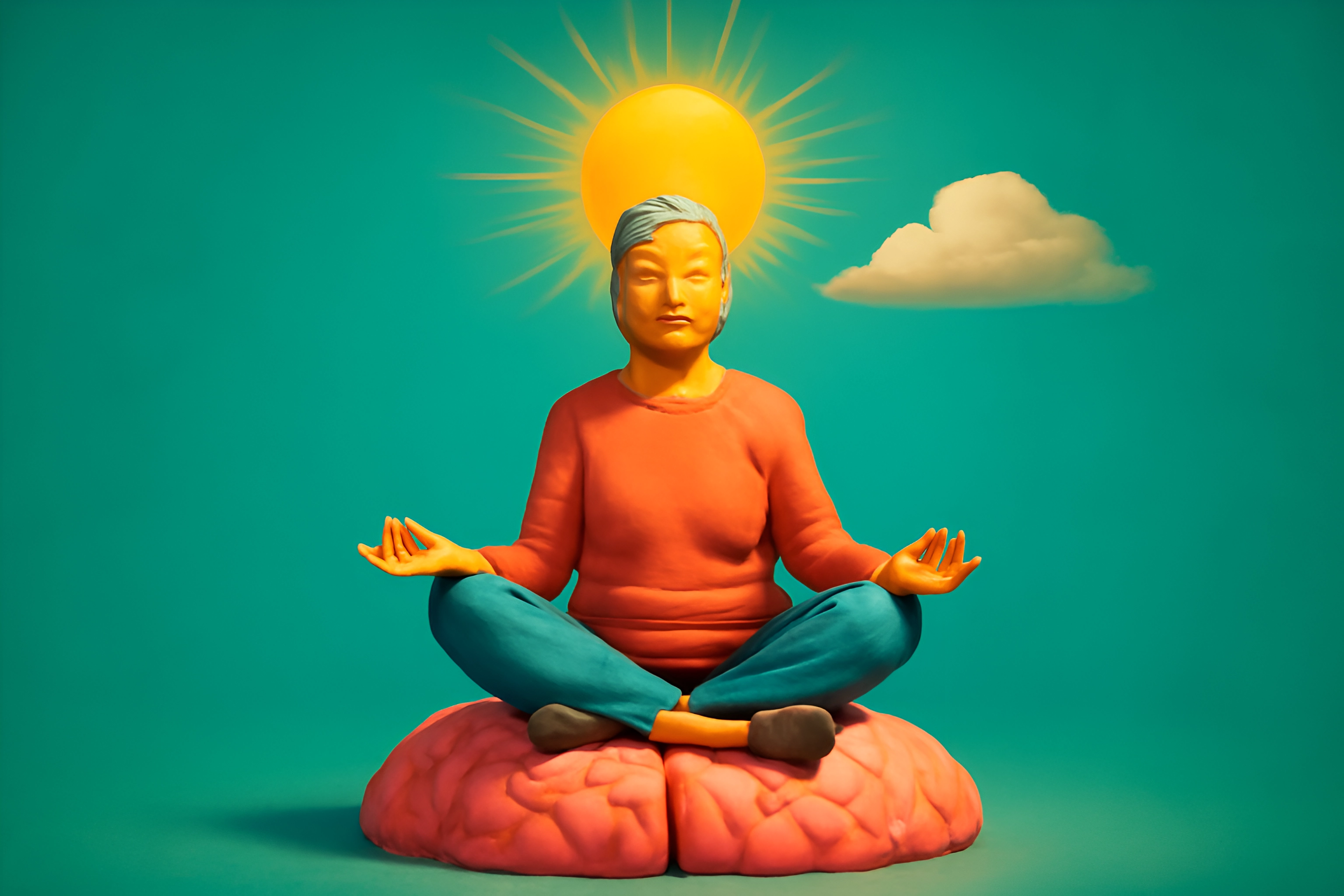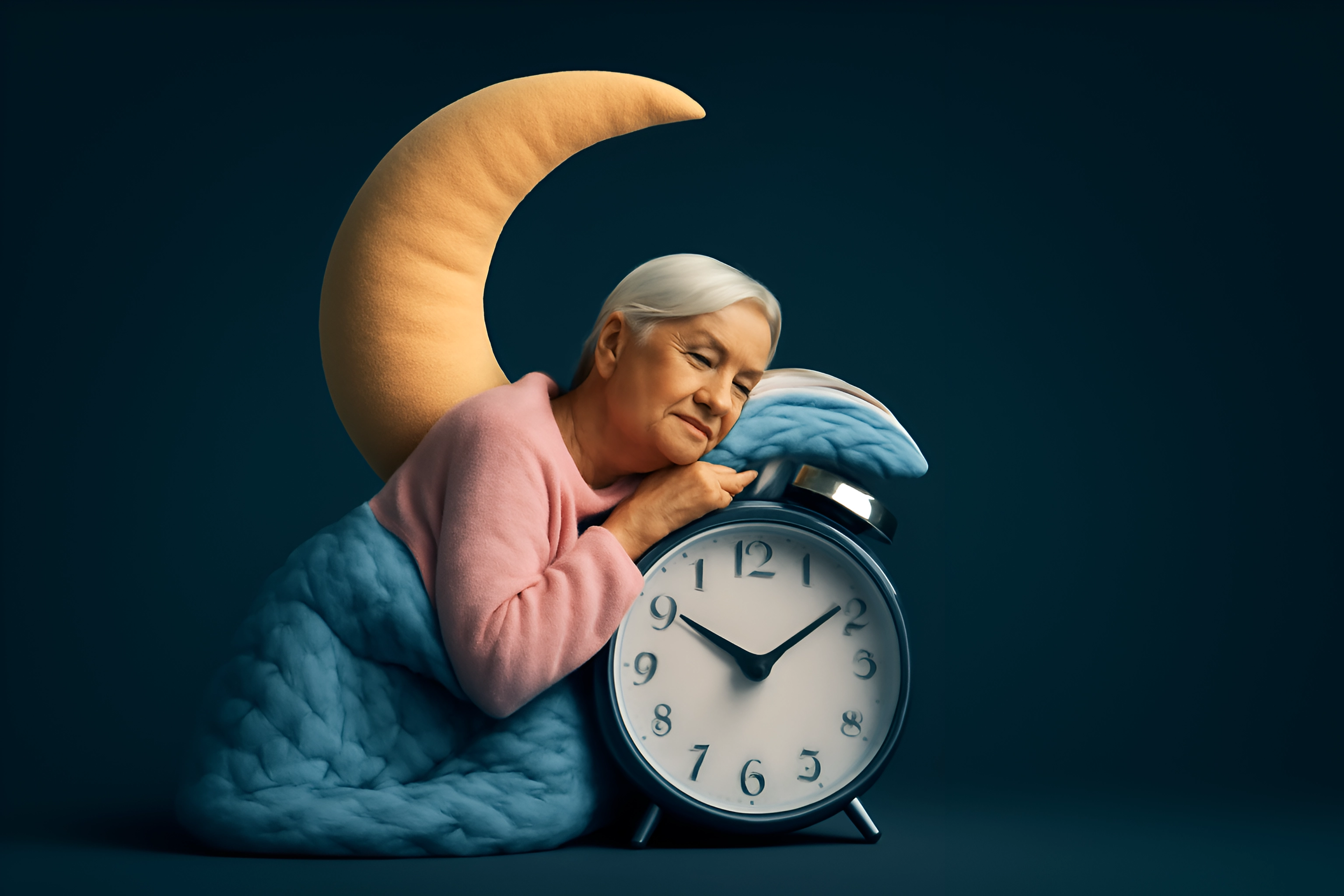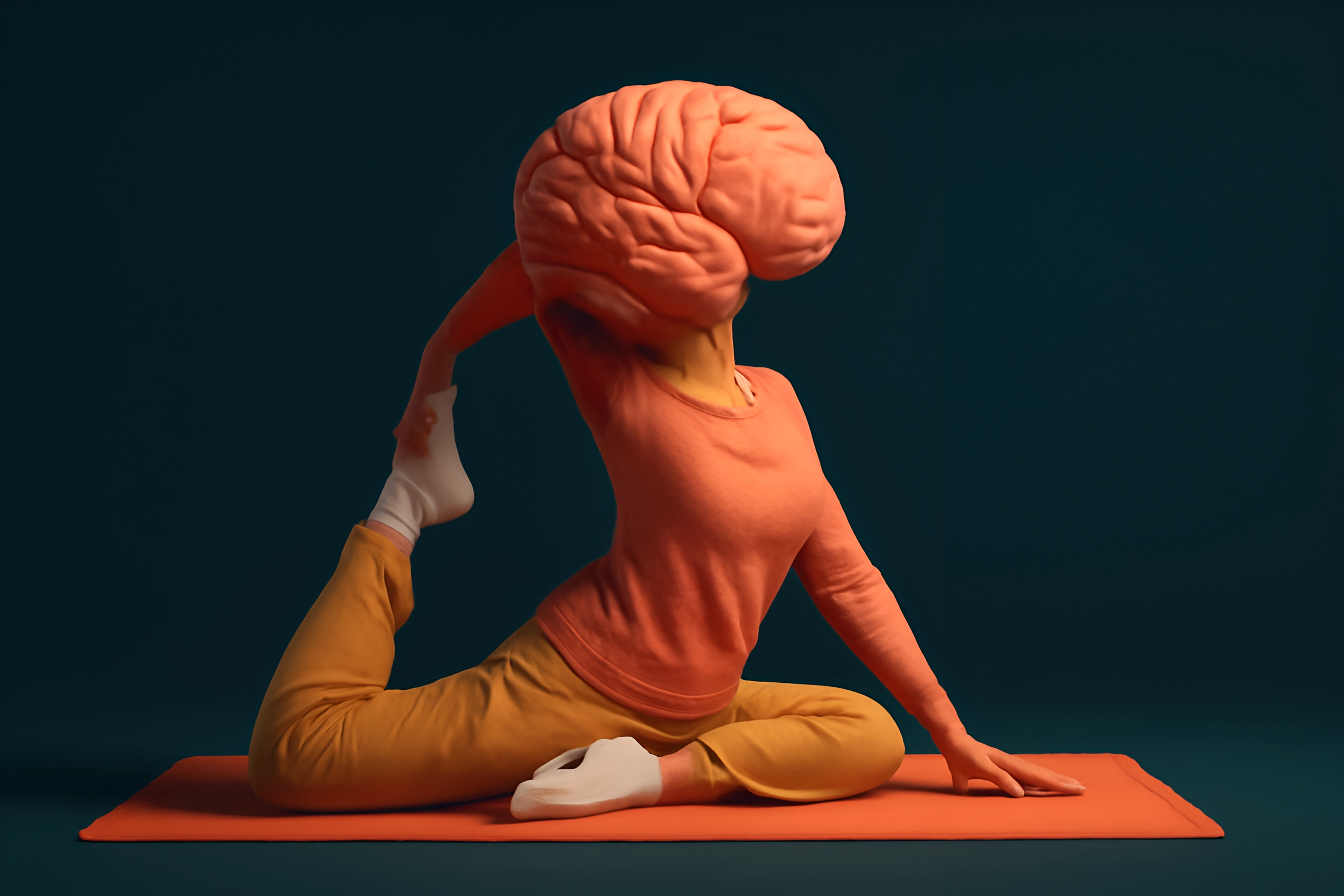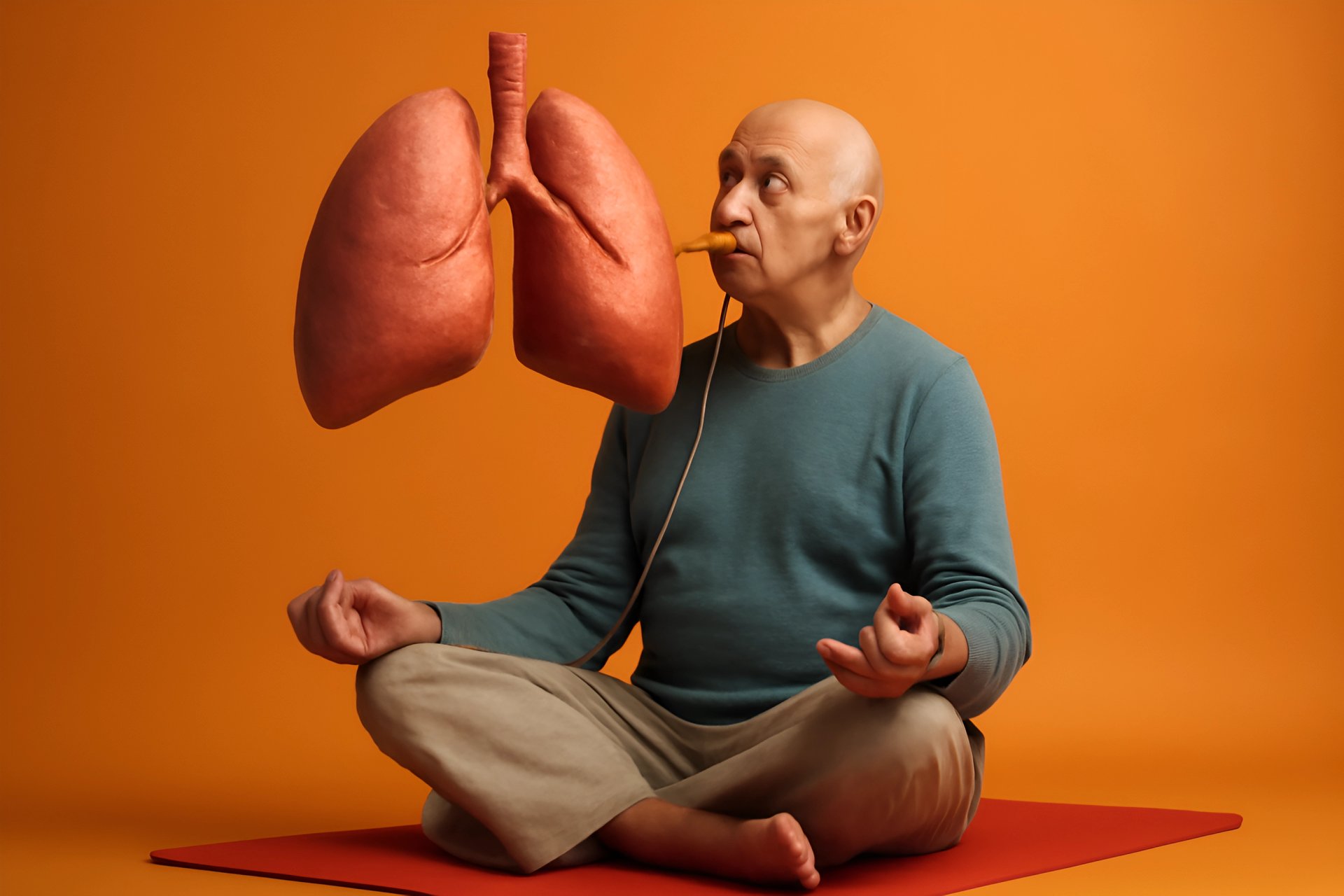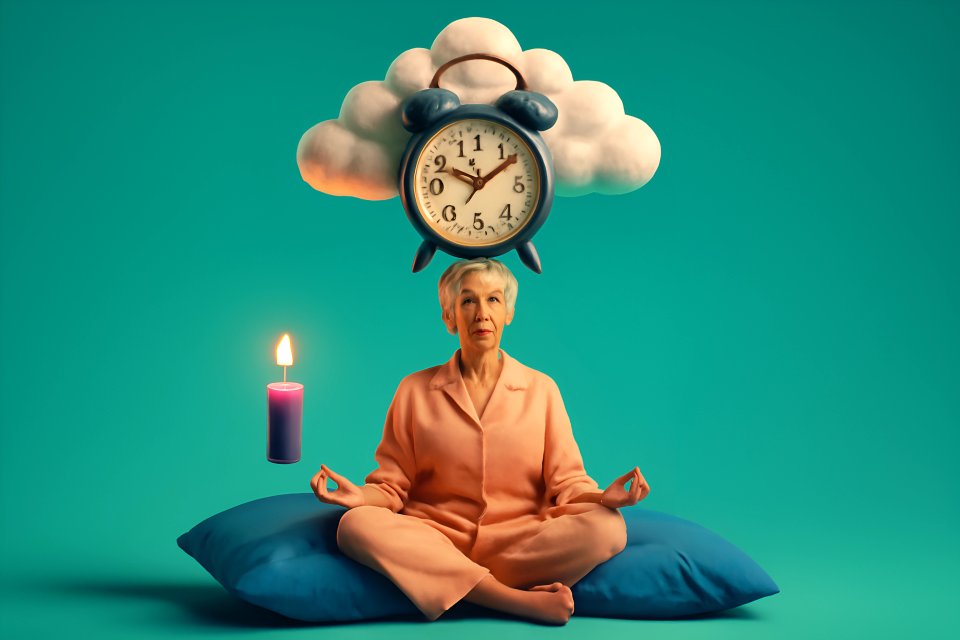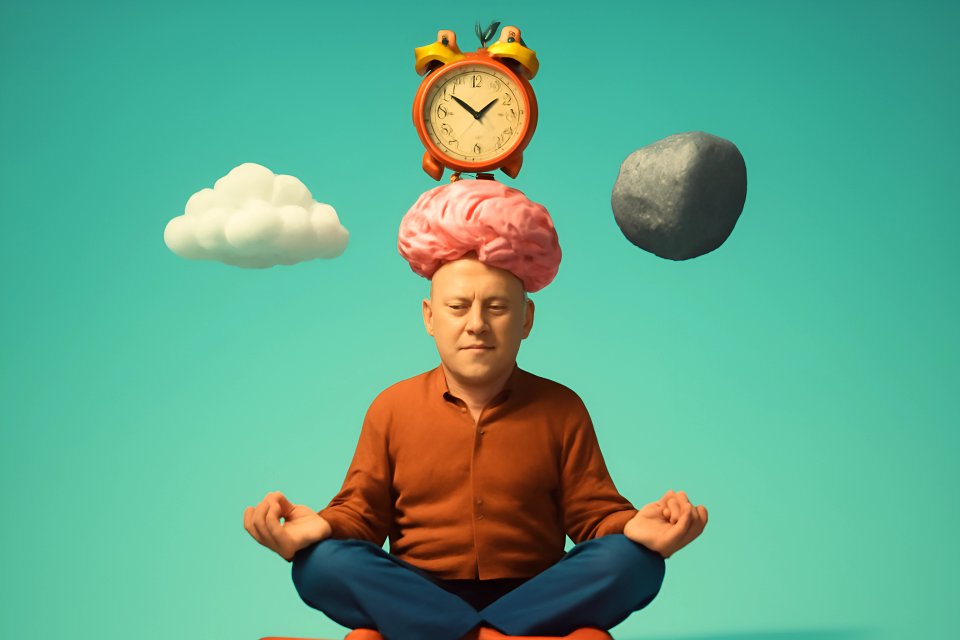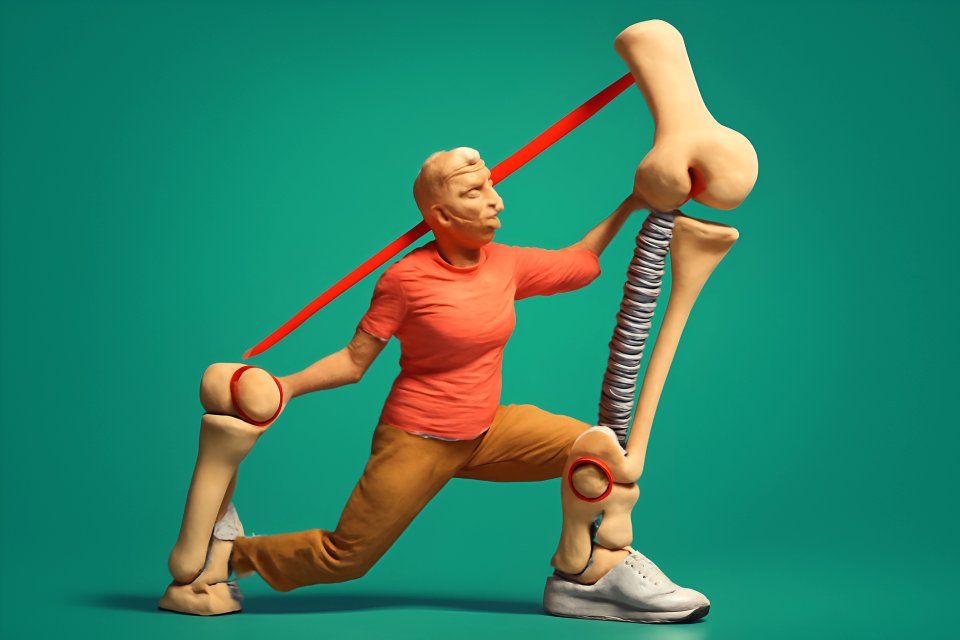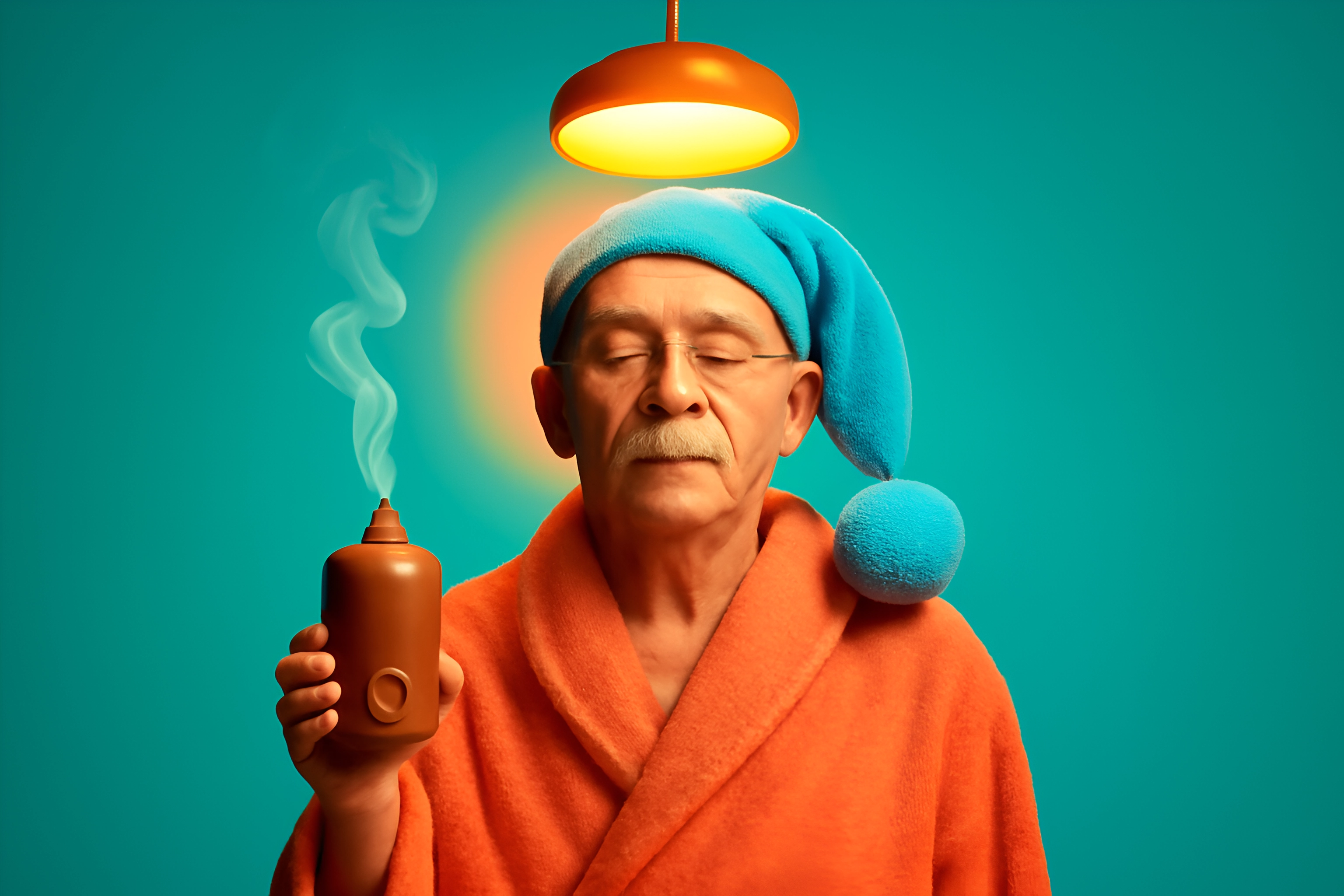
Does the phrase "I'm just not a good sleeper anymore" sound painfully familiar? For so many of us over 50, a full night of deep, restorative sleep can feel like a distant memory, a luxury from a bygone era. You lie awake, your mind racing, watching the clock tick closer to dawn, knowing you’ll pay the price in energy and focus the next day.
This nightly battle isn't just in your head; our sleep patterns naturally shift due to hormonal changes and new life routines. But you don't have to accept restless nights as your new normal. Instead of resigning yourself to fatigue, what if you could harness the power of nature to gently guide your body back to the sleep it craves?
This is your guide to two powerful alternative sleep therapies for seniors: aromatherapy and light therapy. We will explore how these simple, natural tools work with your body’s innate rhythms to calm your mind and reset your internal clock. We'll break down exactly how to use aromatherapy and light therapy for sleep specifically for seniors, giving you a practical plan to reclaim your right to a restful night.
Why Quality Sleep Matters More Than Ever After 50
Let's be honest. A bad night's sleep after 50 feels different. It’s not just about being tired; it’s about protecting the vibrant, active life you’ve worked so hard to build. Quality sleep is the non-negotiable foundation for your cognitive function, helping to keep your memory sharp and your mind clear.
It’s also the master key to physical recovery. Every workout, every long walk, every day spent chasing grandkids requires your body to repair itself, and that vital work happens while you sleep. Without it, energy plummets, and your motivation to stay active can vanish.
More than that, sleep governs your emotional well-being and the strength of your immune system. It’s the invisible force that helps you feel resilient, balanced, and ready to face the day with confidence. Think of sleep not as a passive state of rest, but as your most powerful tool for living a life full of vitality and strength.
Aromatherapy: Your Natural Sleep Aid for a Tranquil Night
Imagine filling your bedroom with a scent so calming it melts away the day's stress before your head even hits the pillow. That is the simple promise of aromatherapy, which uses natural plant extracts, or essential oils, to promote a profound sense of well-being. It’s one of the most effective natural sleep aids for older adults because it works on a primal, emotional level.
The science is as elegant as the solution itself. When you inhale an essential oil like lavender, its scent molecules travel directly to the amygdala, the emotional command center of your brain. Research shows this can trigger a cascade of calming effects, reducing stress hormones and quieting the nervous system to prepare you for deep, restorative sleep. In fact, one meta-analysis published in PubMed found that aromatherapy significantly improves sleep quality and reduces feelings of stress and fatigue across dozens of studies.
To get started, focus on oils proven to aid rest. Lavender is the gold standard, with studies highlighting the significant benefits of lavender essential oil inhalation for improving sleep in older adults. Other wonderful choices include chamomile for its gentle sedative properties, bergamot for stress relief, and frankincense for promoting a sense of deep peace.
Practical & Safe Ways to Use Aromatherapy
The safest and most effective way to introduce these scents into your routine is with an ultrasonic diffuser. Look for a model with an automatic shut-off timer, and run it for 30-60 minutes as you're winding down for bed. This creates a consistent, gentle aroma that signals to your brain that it's time for rest.
Another simple method is a pillow mist. Just add 10-15 drops of your chosen essential oil to a small spray bottle filled with distilled water, shake well, and lightly spritz your pillow and linens before bedtime. For a truly luxurious experience, add a few drops of essential oil mixed with a carrier like Epsom salts or jojoba oil to a warm bath, turning your pre-sleep soak into a powerful relaxation ritual.
A crucial safety note: never ingest essential oils. If you plan to apply them to your skin, such as in a massage, always dilute them with a carrier oil (like coconut or almond oil) to prevent irritation. As UCLA Health notes, an aromatherapy massage is more effective than inhalation alone for some, as the oils are absorbed through the skin for a longer-lasting effect.
Light Therapy for Sleep Improvement: How to Work with Your Circadian Rhythm
While aromatherapy calms your mind, light therapy works to reset your body's master clock. This therapy is all about using light to regulate the circadian rhythm, the internal 24-hour cycle that tells your body when to be awake and when to feel sleepy. As we age, this rhythm can become less robust, leading to trouble falling asleep or waking up too early.
The mechanism is beautifully simple and rooted in our biology. When bright light, especially sunlight, hits your eyes in the morning, it sends a powerful signal to your brain to stop producing melatonin, the sleep hormone. This makes you feel alert and awake, and crucially, it sets a timer for melatonin to rise again about 14-16 hours later, making you feel sleepy at the appropriate time in the evening.
Conversely, avoiding bright light at night is just as important. As Harvard Health explains, modern life is full of screens and overhead lights that emit blue light, and this specific wavelength is particularly effective at tricking your brain into thinking it's still daytime. This is why blue light suppresses melatonin, delaying the onset of sleep and disrupting your natural rhythm.
Practical Steps for Using Light Therapy
The best source of light is free: natural sunlight. Aim to get 15-30 minutes of sunlight within the first hour of waking. You don’t need to be directly in the sun; simply sitting by a bright window while you enjoy your morning coffee can make a world of difference.
For those in darker climates or with limited mobility, a light therapy box is an excellent tool. The Mayo Clinic confirms that light therapy can be an effective treatment for circadian rhythm disorders common in older adults. Look for a lamp that provides 10,000 lux of illumination and is UV-filtered for safety, and use it for 20-30 minutes each morning.
In the evening, reverse the strategy. About two hours before bed, dim the lights in your home. Switch from harsh overhead lighting to warm, soft lamps. Most importantly, put away your phone, tablet, and laptop at least an hour before bed, or use their built-in "night mode" settings to filter out disruptive blue light.
Combining Aromatherapy and Light Therapy: A Sample Routine for Seniors
Now, let's put it all together. Using these therapies in isolation is good, but combining them creates a powerful synergy that addresses both your body clock and your state of mind. Here is a sample routine you can adapt to fit your lifestyle, creating a complete framework for better rest.
Morning (7 AM - 8 AM)
Your first action of the day should be light. As soon as you're up, sit by a sunny window or turn on your light therapy lamp for 20 minutes. The purpose is to send a clear "wake up" signal to your brain, suppressing melatonin and setting your internal clock for a day of energy and an evening of restful sleep. This simple habit can be seamlessly integrated into your existing morning rituals, like reading the news or enjoying a cup of tea.
Evening (8 PM - 9 PM)
This is your "power-down" hour. Dim the lights throughout your living area and bedroom, switching to soft, warm lamps. This is the time to put screens away and engage in relaxing activities that don't involve bright light, like listening to music, chatting with a loved one, or light reading with a book light. The goal here is to create an environment that allows your body's natural melatonin production to begin, paving the way for sleep.
Bedtime (9 PM - 10 PM)
About 30 minutes before you plan to get into bed, turn on your essential oil diffuser with a calming scent like lavender or chamomile. This final step creates a tranquil sanctuary that signals "wind down" to your brain and body on a deep, sensory level. By pairing this with your other mindful evening routines to optimize sleep, you create an unbreakable ritual that your body will learn to associate with deep, restorative rest.
Safety First: Best Practices for Natural Sleep Therapies
While these therapies are natural, it's essential to approach them with awareness and care to ensure they are safe and effective for you. Your well-being is the top priority, and a few simple guidelines will help you get the most out of these powerful tools.
First and foremost, have a conversation with your doctor before beginning any new therapy. This is especially important if you have pre-existing conditions like glaucoma or cataracts for light therapy, or respiratory issues and allergies for aromatherapy. Your doctor can help you ensure these methods are a good fit for your unique health profile.
Next, invest in quality products. For aromatherapy, choose 100% pure essential oils, not synthetic "fragrance oils," which lack therapeutic benefits and can contain unknown chemicals. For light therapy, confirm that your lamp is certified as UV-free to protect your eyes and skin.
Finally, start slow and listen to your body. When trying a new essential oil, diffuse it for just a short period to ensure you don't have a negative reaction. With a light box, begin with just 10-15 minutes and gradually increase the duration. Remember, enhancing sleep quality naturally is a personal journey, and what works wonders for one person may need tweaking for another.
Your Journey to Better Sleep Starts Tonight
Reclaiming your sleep is not a luxury; it's one of the most powerful investments you can make in your health, energy, and overall vitality. By working with your body's natural rhythms instead of against them, you can gently guide yourself back to the restorative rest you deserve. The two key strategies—calming your mind with aromatherapy and resetting your body clock with light therapy—are simple, sustainable tools to help you achieve that.
These natural sleep aids for older adults empower you to take back control from restless nights. You have the ability to create a sanctuary for sleep, to wake up feeling refreshed, and to have the energy to live your life to the absolute fullest. For those who feel they need more, consider exploring these advanced lifestyle strategies for overcoming insomnia to build an even more comprehensive plan.
Have you tried aromatherapy or light therapy before? Share your experience in the comments below! Or, if you're new to this, what’s one small step you’ll try this week?




